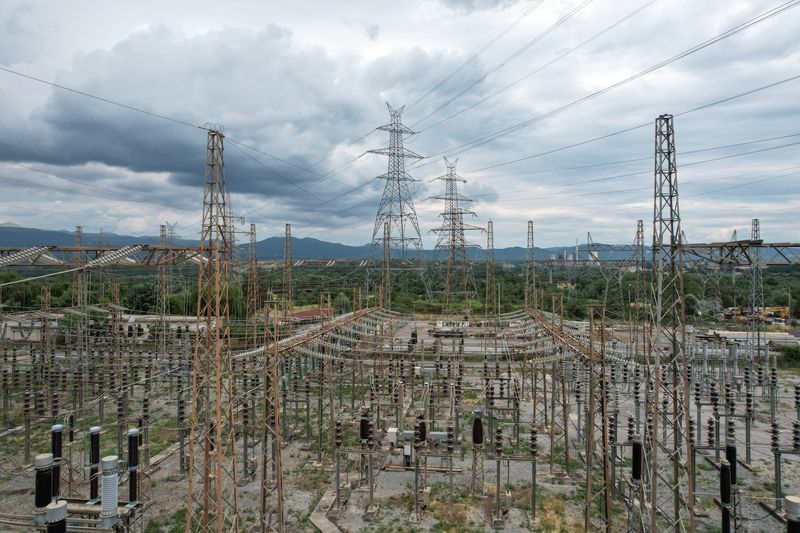ATHENS (Reuters) - Greece plans to tap higher than expected revenues from tourism this year, the country's biggest cash-earner, to keep subsiding power bills, the government spokesman said on Monday.
Government spokesman Giannis Oikonomou said that tourism receipts this year are seen beating the sector's record performance in 2019, topping 18.2 billion euros ($18.1 billion).
Those revenues are seen helping Greece finance part of the subsidies it has offered to households and businesses since last year to relieve the burden from rising energy costs after Russia curbed gas supplies to Europe.]
A significant part of Greek households use electricity instead of oil to heat their houses during the cold winter months, with rising power prices in recent months making it difficult for them to cope.
"There has been additional fiscal space thanks to the good execution of the budget and strong growth, despite the energy crisis," Oikonomou said. "Of course, the impressive performance of tourism has helped significantly."
Greek Finance Minister Christos Staikouras said on Monday that Athens will spend more than 10 billion euros in additional support to shield consumers from soaring gas and electricity prices this year versus an initial target of 8.5 billion euros.
But he cautioned against the risk of additional spending undermining the country's fiscal targets, including a primary budget deficit of 2% of GDP this year.
"We should be very careful in achieving the fiscal targets because markets are taking that seriously," he told a Greek radio station.
Alongside subsidies, Greece has imposed a cap on payments to power producers to reflect their real production costs, effectively scrapping a surcharge on electricity bills, with proceeds earmarked to help it finance power subsidies.

European Union countries' energy ministers will discuss options to rein in soaring energy prices including gas price caps and emergency credit lines for energy market participants, a document seen by Reuters showed.
($1 = 1.0066 euros)